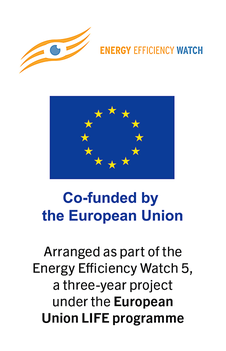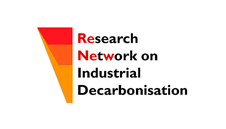Search eceee proceedings
Five steps to decarbonisation
Panel: 1. Policies and Programmes to drive transformation
Authors:
Rod Janssen, Energy in Demand, United Kingdom
Hannes Mac Nulty, MacNulty Consulting, France
Stefan M. Büttner, University of Stuttgart, EEP – Institute for Energy Efficiency in Production, Germany
Werner Koenig, REZ - Reutlingen Energy Center for Distributed Energy Systems and Energy Efficiency, Reutlingen University, Germany
Diana Wang, University of Stuttgart, EEP Institute for Energy Efficiency in Production, Germany
Abstract
Public attention towards climate change was limited in the past. Only over the past year, with Greta Thunberg & Fridays for Future, the attention rose and politicians appeared to give the topic a higher priority. It was at the European Parliament election only where voters awarded climate conscious parties a staggering increase in votes. At the UN climate summit in September, only countries that had significant news were allowed to speak. These, however, still have been labelled as insufficient by youth and scientists. One may get the impression that everything depends on politics only, 'someone else'.
Politics is only the actor who sets the framework, however – everyone is responsible for implementation action, in the words of a Dutch saying 'a better world starts with yourself', therefore the challenge ahead is to...
1. create awareness for the need to decarbonize, for energy efficiency
2. create an understanding that each type of stakeholder (each one of us) is able to make a difference
3. enable stakeholders to know & implement what this is (individually)
4. trigger their decision for it
5. bring about implementation
In this paper, we show how experiences, examples & empirical demand-side data gathered over the past years lead us to these five steps and provide insights on how to succeed in each of them, why they are needed and need to be ticked-off in that order.
This is of particular relevance in the industrial sector, as there (1) are misperceptions on the real barriers due to communication gaps between different stakeholder types and functions within companies, (2) is a much higher complexity of decarbonisation projects, (3) is a much shorter period within which results need to be visible & pay-off, and (4) as the sector, besides its own, significantly impacts on the footprint of all other economic sectors that use their products for buildings, vehicles, farming, etc. through the product design, performance and sourcing choices industry leaders take.
Downloads
Download this presentation as pdf: 1-151-20_Janssen_pre.pdf














